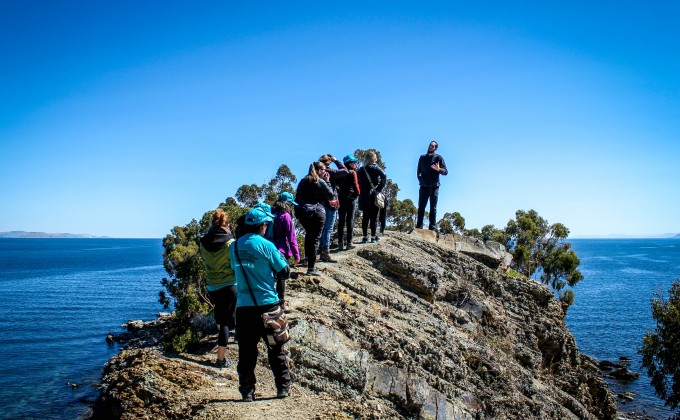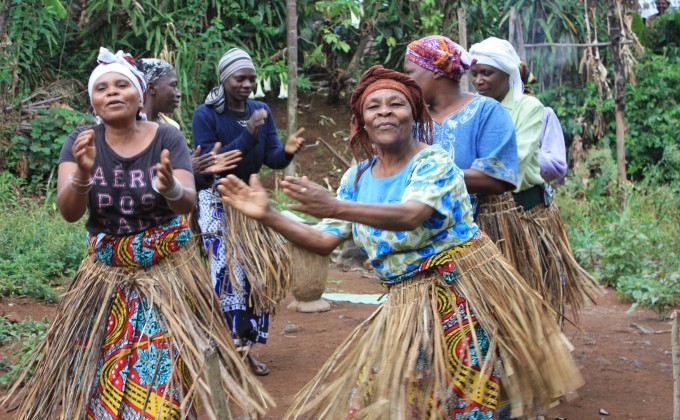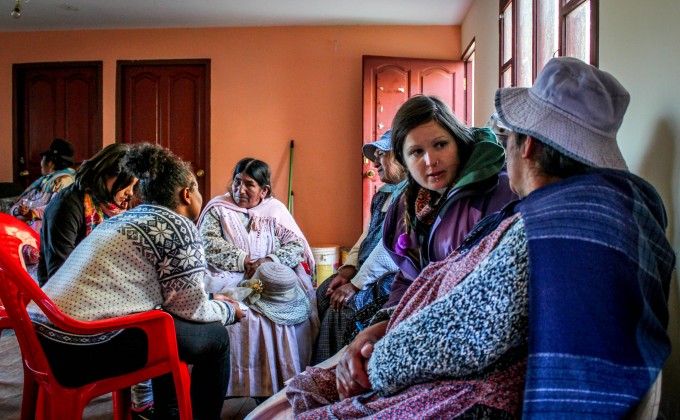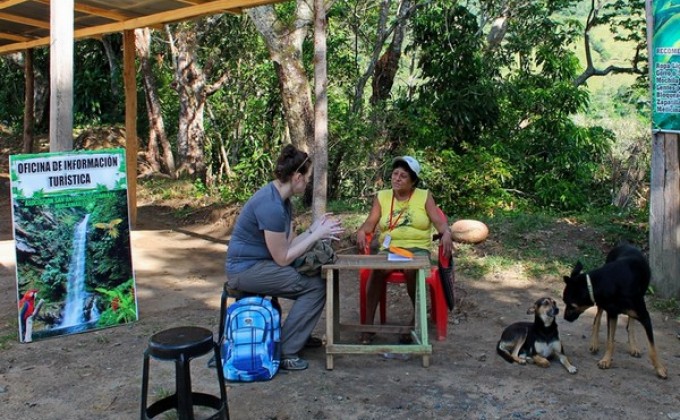



With the development of more advanced and affordable forms of transportation, and the expansion of the middle class, millions of people can now explore parts of the world that were once only accessible to them virtually. Between 2002 and 2017, the number of international tourist arrivals recorded throughout the world doubled, reaching 1.3 billion.
Emerging economies, such as India, Chile, and Vietnam, have been experiencing significant growth in tourist arrivals in the past decade. The World Tourism Organisation anticipates that in a few years, more than half of the international tourists’ destinations will be in emerging economies (UNWTO).
The expansion of tourism has had a transformative impact on the economies of many host countries. It has enabled them to move away from a dependence on heavy industry (such as mining) to better diversify their sources of revenue.
Throughout the world, the influx of tourists has led to the creation of new jobs and enterprises. Today, 292 million jobs are provided by the tourism sector, which now accounts for 1 in 10 jobs in the global workforce. The extent of the tourism boom has also prompted governments to invest in infrastructure to facilitate the circulation of people (e.g. roads) and their safety (e.g. medical services).
Behind these flourishing figures, however, exists the growing concern of many locals living in tourism hotspots. Over the past few months, residents of major European cities, like Venice, Amsterdam, and Barcelona, have expressed their outrage related to the staggering number of tourists, which in some cases outnumber the people living in these areas all year long. Protests and flash mobs took place in several cities, but it is the hashtag #Touristgohome that drew global attention to the movement through social media.
The tourism industry does not generate only positive impacts. Traveling internationally often means flying and emitting greenhouse gases. Environmental damages can also be caused by the limited capacity of some countries to treat all the waste produced by tourists. This is often the case for middle- and lower-income countries, where waste management systems are not very robust.
Other concerns raised by locals include the strain on or shortage of natural resources as well as the degradation of the cultural monuments and heritage. But what is perhaps the most tangible issue for people living in popular tourists destinations is the deterioration of the housing market, with a shortage of rental accommodations and a rise in rent that pushes locals out of city centers.
Over time, some of the world’s historically hippest travel destinations have tested different systems to help mitigate the negative effects of mass tourism on locals. Cities like Paris and Berlin, for example, have implemented rent ceilings, while Venice has decided to diverte giant cruise ships away from its historic centre.
For emerging economies, where tourism is expected to grow the most in the years to come, and where socio-environmental systems are particularly fragile, we must all contribute toward the development of a tourism industry that is more sustainable. Through the Uniterra program, WUSC and CECI volunteers are working in 5 countries (Haiti, Peru, Bolivia, Tanzania, and Vietnam) to support local partners in their pursuit of this goal.
In partnership with local communities, governments, and the private sector, Uniterra volunteers are working towards developing tourism projects that not only take into account economic sustainability, but also environmental and social factors, with particular attention to women’s socio-economic empowerment.
Our volunteers are playing a key role in the development of sustainable tourism. Applying their technical knowledge on issues such as hospitality, entrepreneurship, gender equality, and environmental protection, they work with local partners to assess opportunities and address challenges. They also bring an international perspective to less frequented areas, helping to identify how existing facilities could be improved and envisioning what activities would be most appealing to international tourists.
Our programming is carried out in areas that are not touristically saturated and in direct collaboration with the communities. Community-based tourism in less frequented areas offers a completely different kind of experience to travellers by allowing them to have meaningful exchanges withy locals and learn about their culture. This contributes to debottlenecking traditional tourism hotspots through a diversification of travel options. Oftentimes, these are areas where people are struggling to make a living. By supporting their communities to engage more in the tourism industry, our volunteers can help create new economic opportunities while improving their quality of life.
Uniterra volunteers, with the involvement of Tanzanian women tour guides, have for example facilitated gender equality trainings with many cultural tourism companies, encouraging participants to focus on women’s participation in their community projects, and how that can benefit their businesses and their communities.
Last year, the student participants of the International Seminar in Bolivia published a series of recommendations to improve sustainable community tourism in the marginalized rural area of La Paz. From strengthening trust among adults and youth to encourage more inclusive employment opportunities; to improving the infrastructure of hostels to make guests’ stay more pleasant; to using cultural wealth as a tourist attraction and as a tool to re-establish the value the local culture, many areas of possible improvement have been identified. Read their report to learn more or hear their recommendations in this video.
Canadian volunteers also become ambassadors for sustainable tourism, raising awareness among tourists, as well as friends and family, on topics such as natural resource and cultural preservation.
For example, Uniterra volunteers in Peru have helped develop a campaign called "Be a responsible tourist" to raise awareness on responsible travelling. The campaign features a short video that is being shared on social media and a poster that is on display at travel agencies, airports, and tourist hotspots. This campaign was developed in collaboration with the private sector (tourist business associations), academics (Cesar Vallejo University), and the public sector.